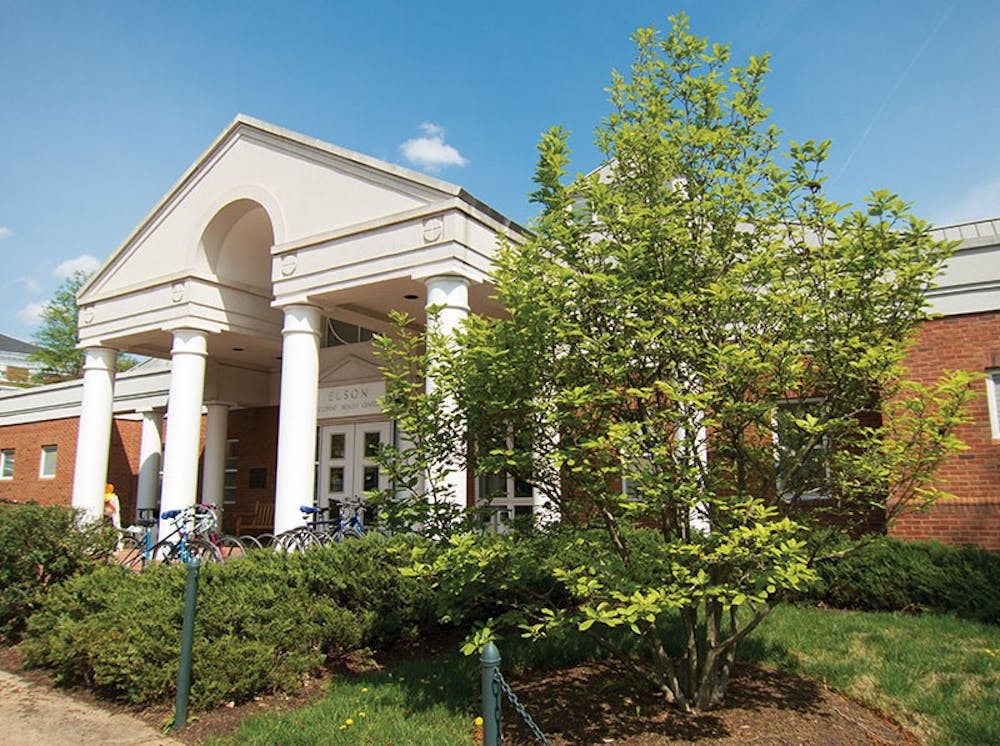A probable case of mumps has been diagnosed within the student body, Dr. James Turner, the executive director of Student Health, said in an email to the University community Tuesday.
University spokesperson McGregor McCance said in an email that although there have been a few reported cases in recent years, mumps occur relatively infrequently.
“Before the current probable case was diagnosed, we were aware of reports of mumps at several other state universities [in Virginia], so our awareness had been raised already,” McCance said.
The close-quartered living environments at universities can allow a disease like mumps to spread more rapidly, McCance said.
“Serious problems associated with mumps are relatively rare, but it is contagious and settings such as universities have people living and congregating often in close quarters [exacerbate it],” McCance said.
Students were notified of another contagious infection — bacterial meningitis — in an email sent in February. Although 51 students were identified as being at risk due to close contact with the infected student, 50 of those were reported with no symptoms and were given an antibiotic to eliminate any residual bacteria.
To avoid contracting mumps, Turner advised students to wash their hands frequently and thoroughly, avoid sharing drinks and eating utensils, and cover their mouths and noses while coughing or sneezing.
Nearly 100 percent of University students have received the Measles Mumps Rubella (MMR) vaccine, but the immunization is not 100 percent protective, Turner said in the email.
“It is still possible for vaccinated students to develop mumps,” he said in the email. “In such cases, however, the disease is much less serious and rarely has complications.”
Mumps is a virus spread through respiratory droplets, from the coughs or sneezes of an infected person or direct contact with infected saliva. The virus can cause fever, headache, muscle aches and inflammation and tenderness of the glands near the jaw. Symptoms can appear between 12 and 25 days after direct contact with the saliva of an infected person.
Students who develop symptoms suggestive of mumps should stay home and call Student Health to determine the best steps to take, Turner said in the email.







